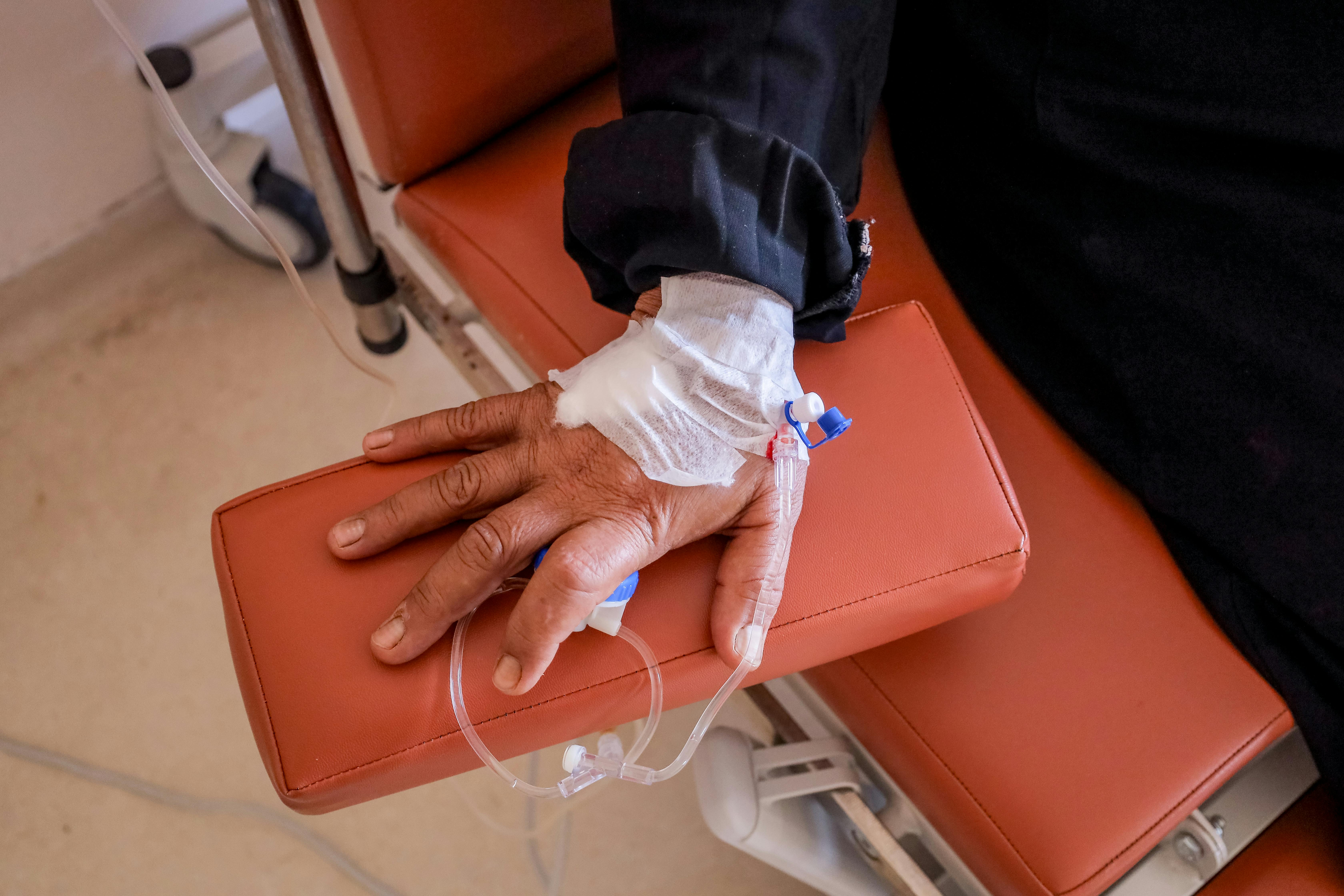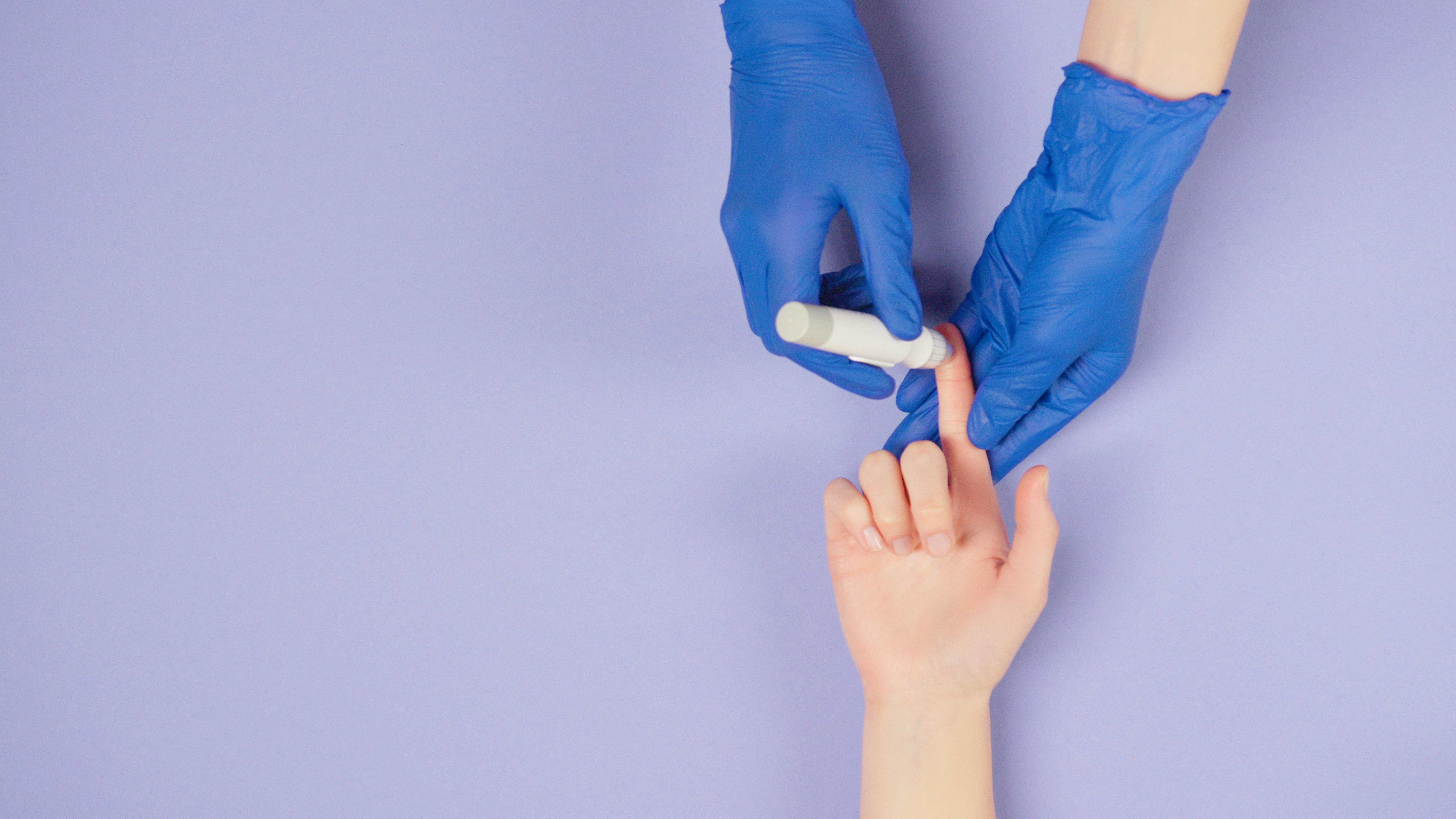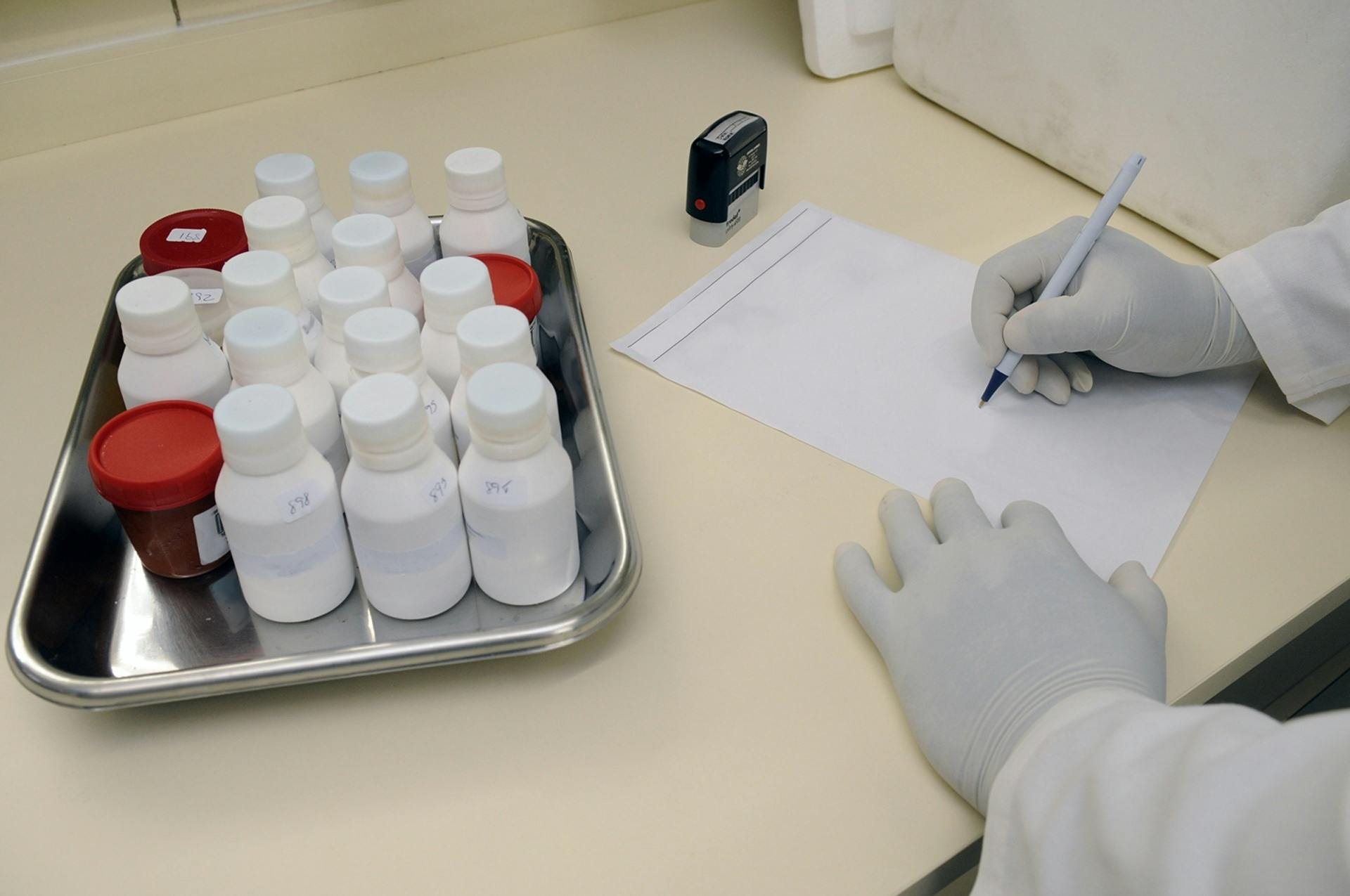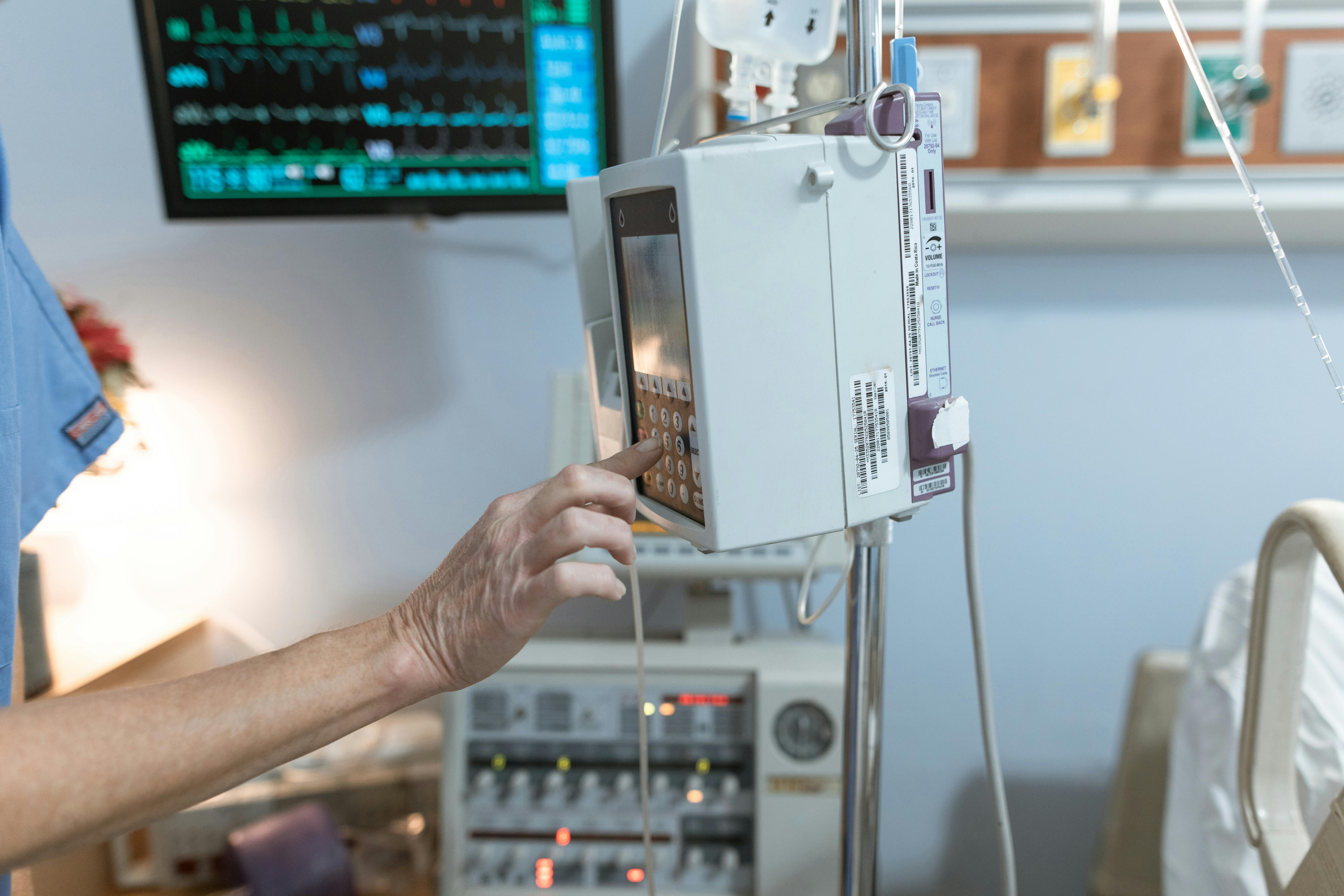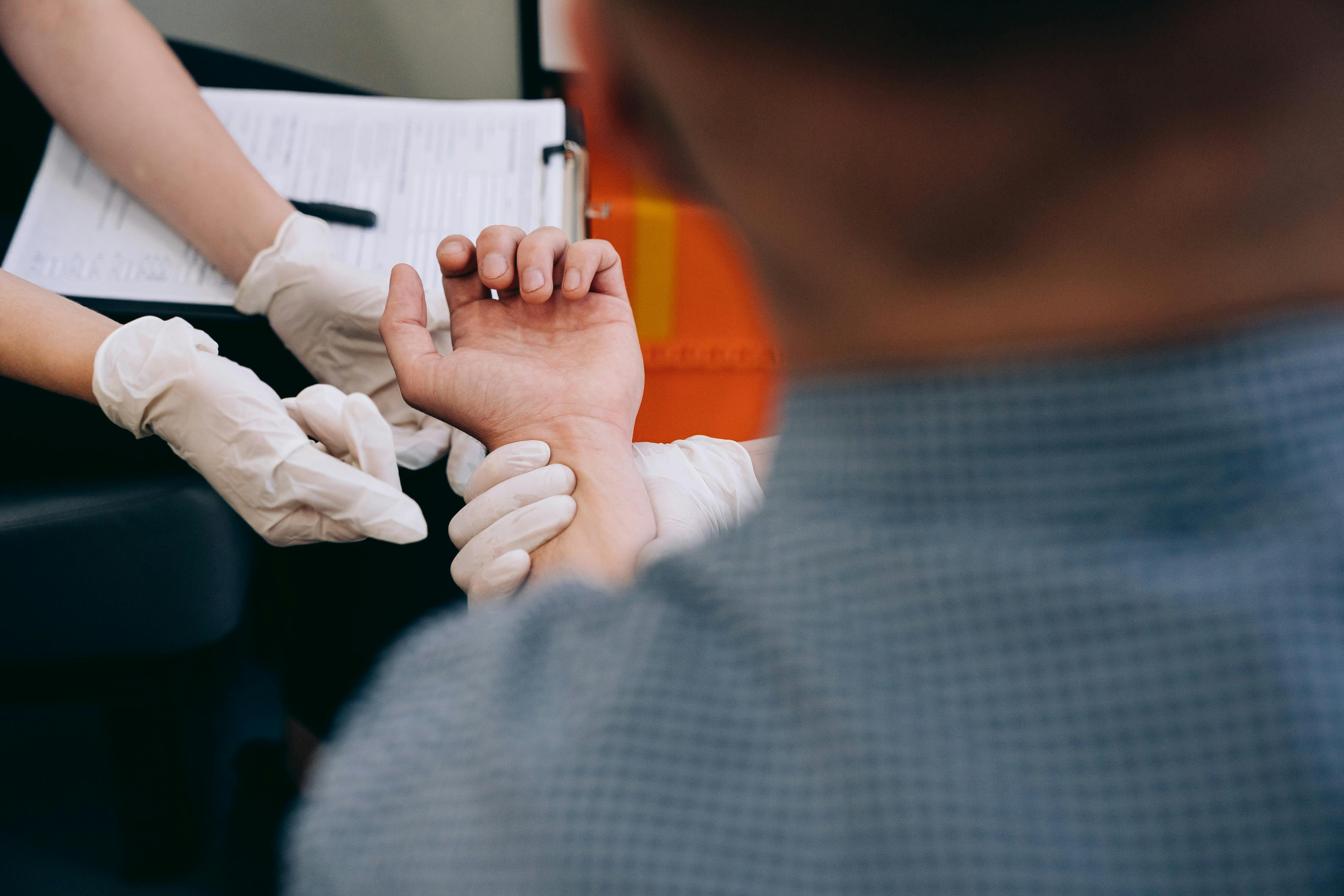Administering Medication
Giving Oral Medication Intravenously, Leading to Toxicity
One of the most dangerous forms of nursing malpractice is administering medication via the wrong route, such as giving an oral medication intravenously (IV). This type of error can lead to severe toxicity because medications intended for oral use are not formulated to be delivered directly into the bloodstream. When a medication designed for oral consumption is given intravenously, the body may absorb it too quickly, leading to serious complications such as organ failure, respiratory distress, or even death.
This error occurs when there is a breakdown in communication, failure to verify medication administration protocols, or improper handling of drug delivery methods. Administering medication via the wrong route is entirely preventable with proper attention to detail and adherence to established safety guidelines.
/ / / / / / / /
Real Case Example
In a well-documented case, a nurse accidentally administered an oral antibiotic intravenously to a 55-year-old patient recovering from surgery. The medication was intended to be taken by mouth, but due to a mix-up in drug preparation, it was injected directly into the patient’s IV line. Shortly after the administration, the patient developed severe toxicity, experiencing nausea, chest pain, and difficulty breathing. Despite immediate intervention, the patient suffered from organ damage and had to undergo prolonged hospitalization. The patient later filed a medical malpractice lawsuit, and the hospital was held liable for the nurse’s failure to administer the medication correctly.
The case revealed that the nurse had not double-checked the route of administration, leading to the critical error. The hospital settled the case, admitting that the mistake could have been avoided with proper protocols in place.
Preventing Route Administration Errors
To prevent route administration errors, healthcare providers must strictly adhere to the “five rights” of medication administration: the right patient, the right drug, the right dose, the right route, and the right time. Nurses should always double-check medication labels and verify the correct route before administering any drug. Using electronic health record systems that flag potential errors and providing ongoing training on medication safety are essential in reducing the risk of such dangerous mistakes.
Conclusion
Administering medication via the wrong route is a preventable and dangerous form of nursing malpractice that can lead to life-threatening toxicity. Ensuring that medications are given via the correct route, adhering to safety protocols, and maintaining diligent communication are essential for patient safety. If you or a loved one has suffered harm due to a medication being administered through the wrong route, it is crucial to seek legal help to understand your rights and pursue justice.
At Malpraq, we specialize in handling medical malpractice cases, including those involving medication errors. Contact us today to discuss your case and let us help you secure the compensation and justice you deserve.
Latest
From the Blog
Malpraq.com
Contact
Saint Rock Holdings LLC
309 E Georgia Ave
Phoenix AZ 85012
Malpraq.com
Contact
Saint Rock Holdings LLC
309 E Georgia Ave
Phoenix AZ 85012
Malpraq.com
Contact
Saint Rock Holdings LLC
309 E Georgia Ave
Phoenix AZ 85012
Malpraq.com
Contact
Saint Rock Holdings LLC
309 E Georgia Ave
Phoenix AZ 85012






